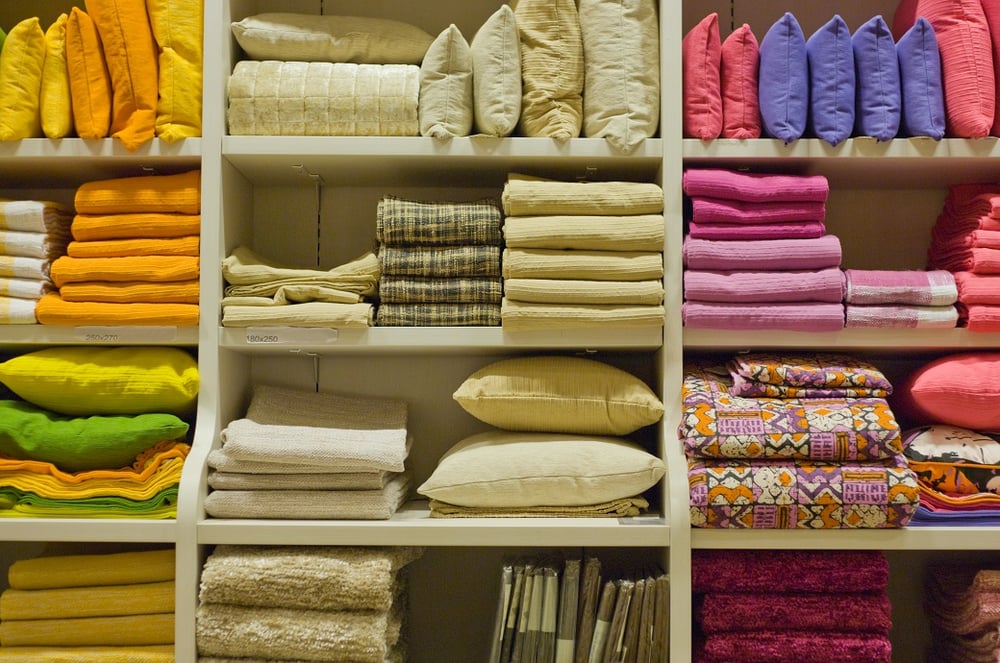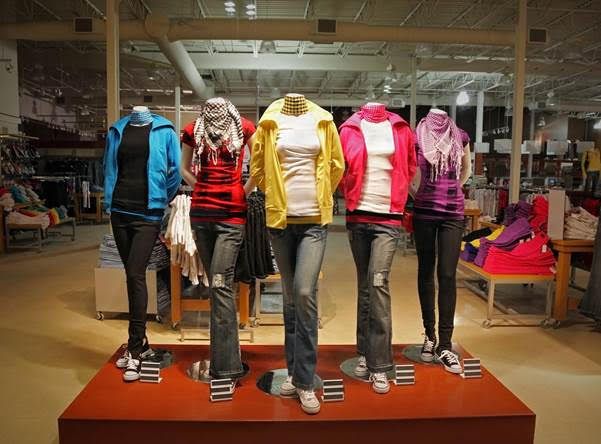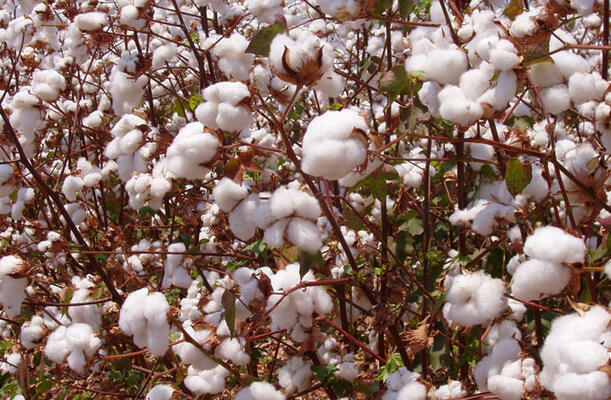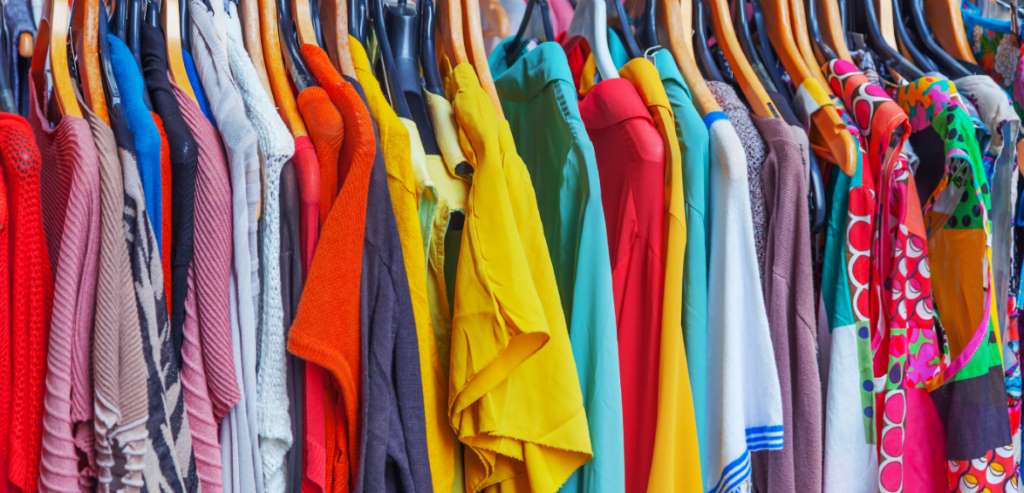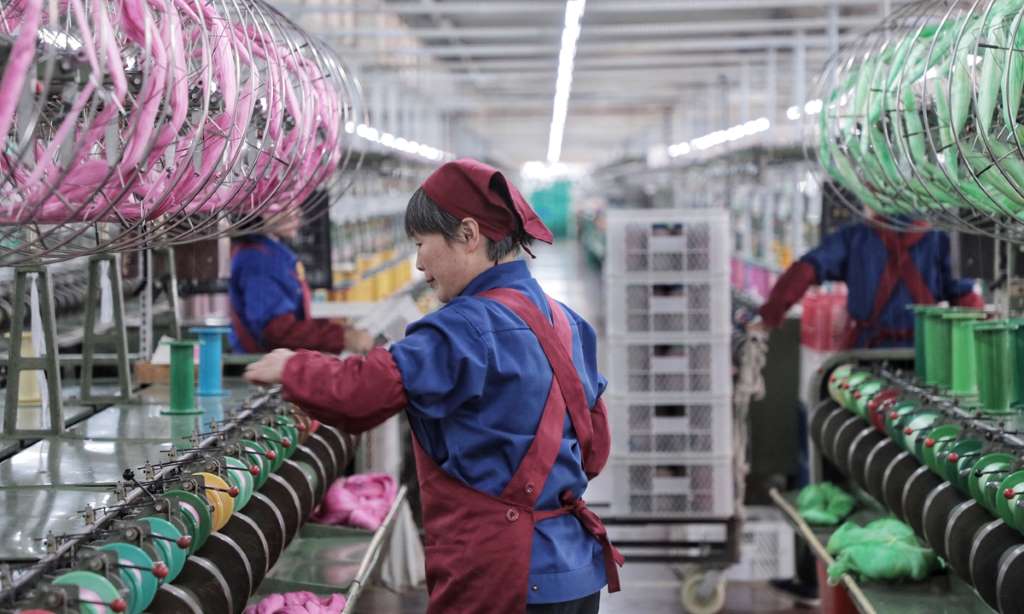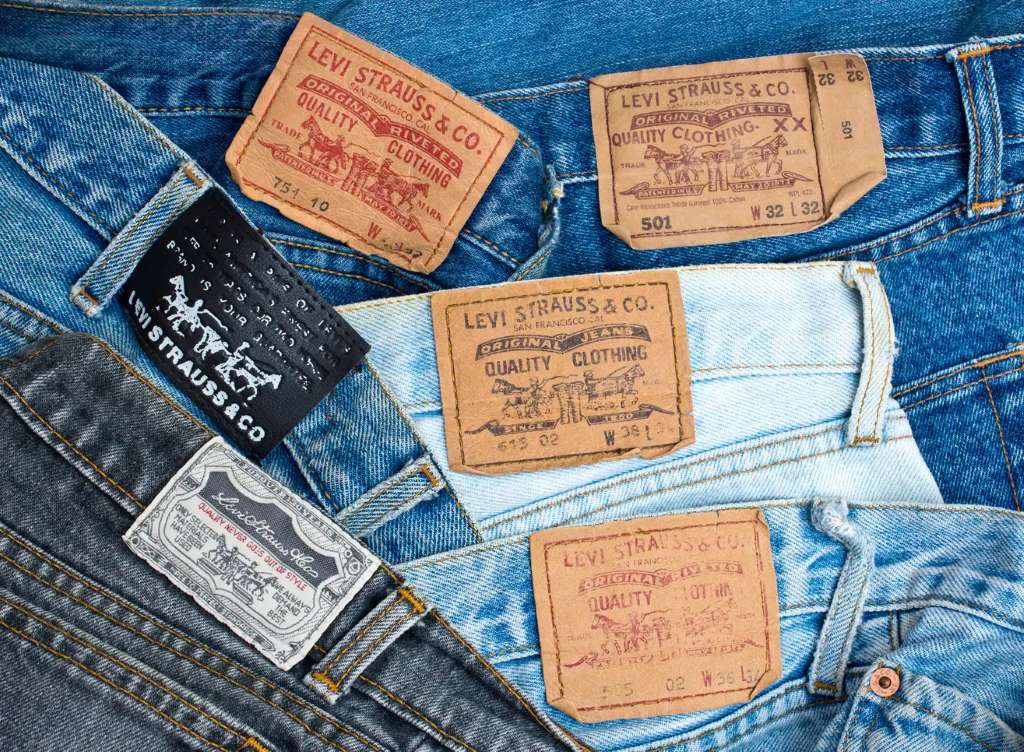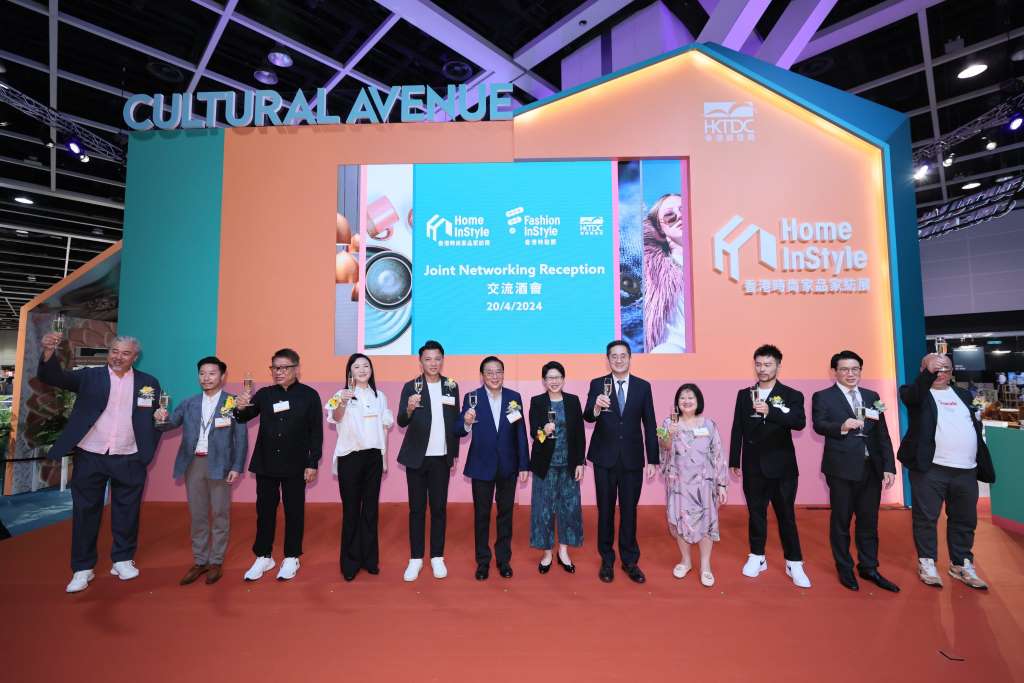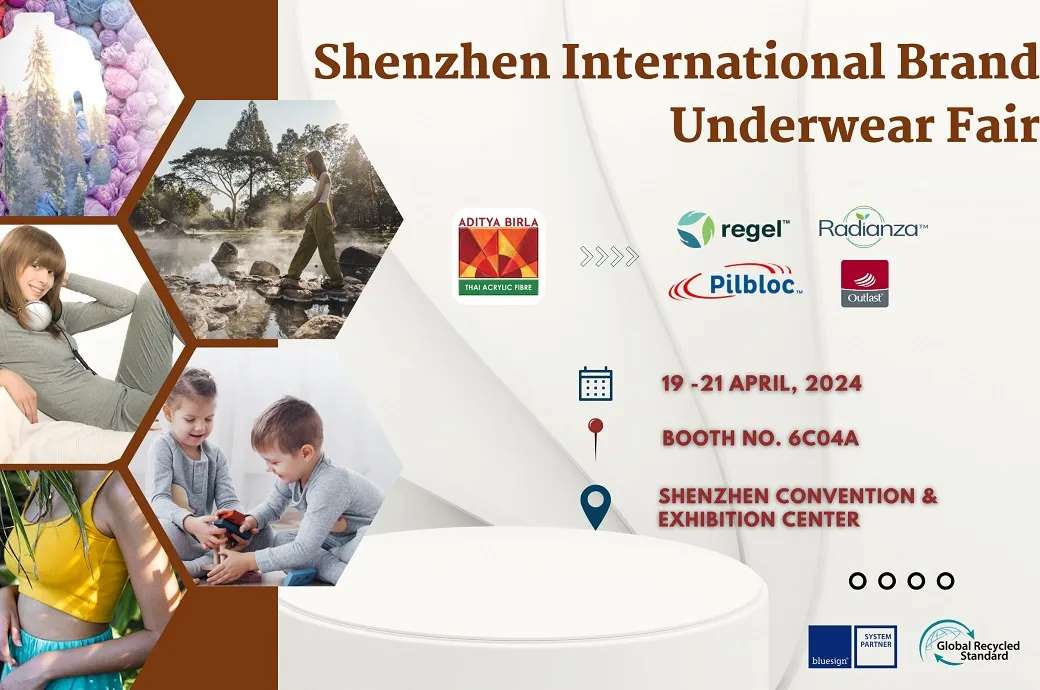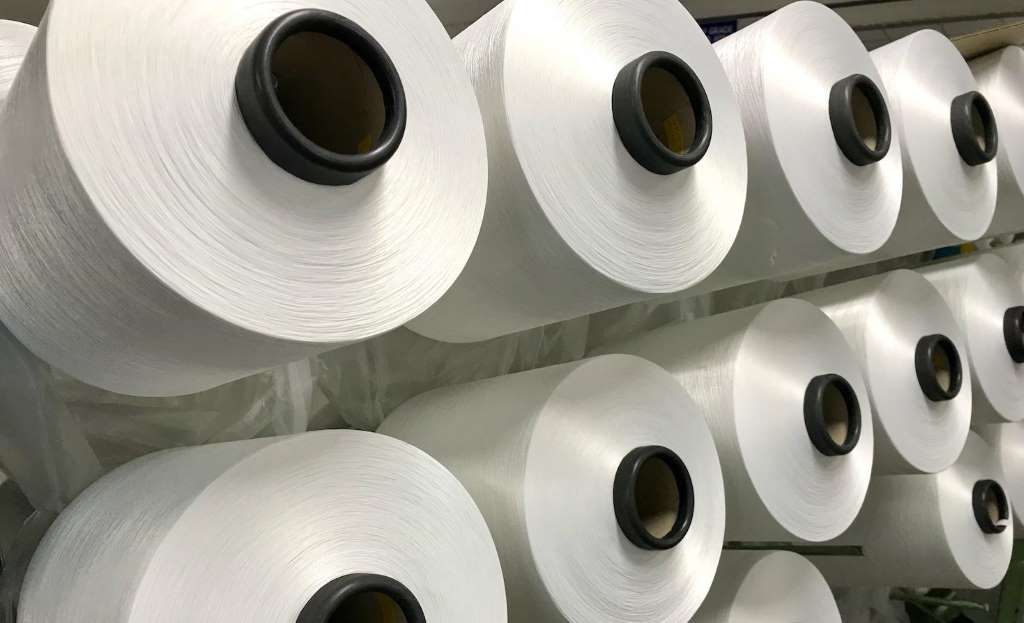FW
With 1,700 exhibitors from 53 countries, Techtextil and Texprocess 2024 continue to highlight the future of textile production and processing by showcasing some groundbreaking technologies and revolutionary materials.
Celebrating its 20th edition, Techtextil is being held at a bigger scale than Texprocess that assert its dominance across all product categories. The two trade fairs showcase the latest materials, machinery, and processes along with some newly formed business partnerships.
Emphasising the significance of these events, Detlef Braun, Member - Executive Board, Messe Frankfurt GmbH, states, both Techtextil and Texprocess events serve as crucial indicators and catalysts for advancements across various industries. The event opened with a titled ‘From Textile Recycling to Garment Processing – the Role of AI’ that ignited few forward-thinking dialogues. Experts including Chloé Salmon Legagneur, Prof. Dr. Ingo Rollwagen, Elgar Straub, and Olaf Schmidt explored AI's potential in revolutionising textile production and processing.
Artificial intelligence presents a myriad of opportunities for the textile industry, from enhancing traditional manufacturing processes to fostering innovative product development. Prof. Dr. Ingo Rollwagen highlighted AI's role in fostering circular and regenerative textile solutions with longer life cycles, thus aligning with sustainability goals.
Textile recycling, a pressing concern, receives a boost from AI integration, promising scalable solutions for differentiating and separating textile materials efficiently. Collaboration between research and industry, exemplified by initiatives like CETIA's innovative recycling solutions, is crucial for driving progress.
As AI permeates the industry, Techtextil and Texprocess serve as essential platforms for information exchange and collaboration. The events provide a plethora of opportunities for companies to explore innovative solutions and forge partnerships essential for navigating industry transformation. From expert forums to guided tours, participants gain insights into digitalization, AI-driven business models, and real-time energy optimization.
Moreover, exhibitors showcase AI-integrated systems that analyse trends, identify faults, and optimise production processes intelligently, signaling a transformative shift in the industry. Elgar Straub, Managing Director, VDMA Textile Fair, Fabrics and Leather Technologies, notes, AI advancements come at a critical juncture for addressing challenges such as labor shortages, sustainability demands, and resource scarcity.
Techtextil and Texprocess 2024 offer a comprehensive spectrum of technical textiles, production technologies, and disruptive innovations, reflecting the industry's innovative prowess. The events foster networking opportunities and present a diverse program of expert lectures, special shows, and thematic exhibits. The Techtextil and Texprocess Innovation Awards recognise pioneering research and technologies shaping the industry's future, further solidifying these events as paramount for the textile industry's advancement.
Despite a pandemic-driven online shopping surge, physical stores remain dominant, as per a survey by Localcircles.
The survey shows, only 4 per cent consumers rely solely on online platforms while 47 per cent of respondents prefer to shop exclusively in stores for the ‘touch, feel, and try experience. About 40 per cent enjoy a mix of online and offline shopping.
Around 37 per cent respondents cited better deals and discounts as the biggest reason for online apparel shopping.
According to 29 per cent respondents, another major advantage is the ease of exchanging or returning clothes that don't fit or aren't what they expected. This eliminates the hassle of going back to the store. Also online stores often offer a larger variety of choices compared to individual physical stores, say 26 per cent of the responds. Some of the key drivers for online purchases include discounts and ease of return, according to the study.
Though the pandemic led to increased adoption of buying apparel online, consumers are once again opting for physical stores/markets to buy clothes.
Around 81 per cent of respondents cited the ability to touch, feel and try their chose garments before finalizing their purchases as the key reason for buying clothes online. Interestingly, 44 per cent of those who prefer stores also mentioned a wider selection, which might indicate a perception that online stores lack variety in some categories.
Other reasons include the ability to make a quick purchase and easy exchange and return of products
Around 35,000 consumers from 323 Indian districts responded to the survey. Out of these 61 per cent were men while 39 per cent respondents were women. Almost 43 per cent respondents belonged to the Tier I cities while 33 per cent hailed from Tier II cities and 24 per cent from Tier III, IV and rural districts.
Many consumers indicated that they made their first purchases of branded products in store while for repeat purchases they prefer online platforms as the fit and quality are already known. Their decision to make online platform their primary channel to buy clothes depends on whether these online platforms deliver faster and provide a better buying and return experience.
The Indian apparel market is expected to reach a staggering Rs 9.35 lakh crore (USD 105.5 billion) in 2024. Women's apparel holds the lion's share, at US$51.05 billion.
Consumers seek a balance of value, quality, fashion, and self-expression, influenced by social media trends.
India continues to dominate the global cotton market, reaffirming its position as the world's largest cotton producer in 2024. With an annual production of a staggering 5.9 million tons, the nation holds a commanding 25 per cent share of the global cotton output. Boasting vast cultivation across 120.69 lakh hectares, India's cotton industry thrives, propelled by states like Gujarat and Maharashtra, known for their adoption of sustainable farming practices.
The textile sector in India, the second-largest employer in the country, plays a pivotal role in driving exports, further solidifying India's stature as the world's second-largest exporter of textiles and clothing. Anticipating a surge in production to 7.2 million tonnes by 2030, India is poised for continued dominance in the global cotton market.
Following closely behind India, China secures its position as the second-largest cotton producer, contributing 5.73 million tons to the global output. With cotton cultivation covering 3.0 million hectares, China's well-established textile industry and extensive population bolster its influence in both domestic and international cotton markets. Notably, China cultivates a mix of Bt and non-Bt cotton varieties, predominantly in its northern and northwestern regions, with Xinjiang Uygur Autonomous Region leading the production charge.
The United States claims the title of the world's third-largest cotton producer, with an impressive production of 3.96 million tons. Renowned for its quality and long fibers, U.S. cotton, predominantly Upland and Pima varieties, commands approximately 35 per cent of global cotton exports. Spearheaded by states like Texas, California, and Mississippi, the U.S. cotton industry leverages advanced technology and genetic research to enhance yields and fiber quality, maintaining its prominence in the global market.
Top 10 Cotton Producers in 2024:
• India: 5.9M tons
• China: 5.73M tons
• United States: 3.96M tons
• Brazil: 2.68M tons
• Pakistan: 981K tons
• Uzbekistan: 940K tons
• Turkey: 833K tons
• Australia: 608K tons
• Argentina: 349K tons
• Mali: 340K tons
In a landscape shaped by these top producers, the global cotton industry continues to evolve, driven by innovation, sustainability, and market dynamics.
Trutzschler, in collaboration with Balkan Textile Machinery Inc.Co., unveiled the Truecycled solution at ITMA 2023, Milan, marking a significant stride in textile recycling. With increasing inquiries for recycling systems, Trutzschler emerges as a frontrunner in addressing the global textile waste crisis.
Trutzschler pioneers a comprehensive approach to textile waste management, offering a complete system from mechanical recycling to spinning preparation. By optimizing tearing and spinning processes, manufacturers gain a competitive edge and ensure premium quality output.
Georg Stegschuster, a textile recycling expert, emphasizes the importance of fine-tuning tearing and spinning processes to mitigate fiber shortening. Trutzschler’s technology, exemplified by the TC 30Ri card and IDF 3 draw frame, balances gentleness with effectiveness, crucial for handling short fibers and achieving superior product quality.
Trutzschler’s Truecycled solution heralds a new era in textile recycling, offering not just machinery but a strategic approach to sustainability. With innovative technologies and expert insights, Trutzschler empowers manufacturers to enhance the value of recycled materials without compromising quality. As the industry seeks solutions to the textile waste crisis, Trutzschler leads the charge towards a more sustainable future.
Textile exports from Pakistan increased by 3.56 per cent Y-o-Y to $1.36 billion in Mar’24 as against $1.31 billion in Mar’23, as per data from the State Bank of Pakistan (SBP).
On a M-o-M basis, Pakistan’s textile exports increased by 4.45 per cent in Mar’24 compared to exports worth $1.3 billion in Feb’24.
Cumulatively in 9MFY24, the textile exports decreased by 5.31 per cent Y-o-Y to $12.25 billion compared to $12.94 billion in 9MFY23.
In Mar’ 24, textile group products accounted for 54.04 per cent of Pakistan’s total exports. Some of the most exported categories in this group included Knitwear with exports rising by 5.97 per cent to $326.19 million, Readymade Garments with exports increasing by 1.07 per cent to $301.45 million, and Bed Wear with exports expanding by 7.47 per cent to $229.95 million.
On the other hand, the exports of leather manufacturers declined by 1.07 per cent Y-o-Y to $49.42 million in Mar ‘24.
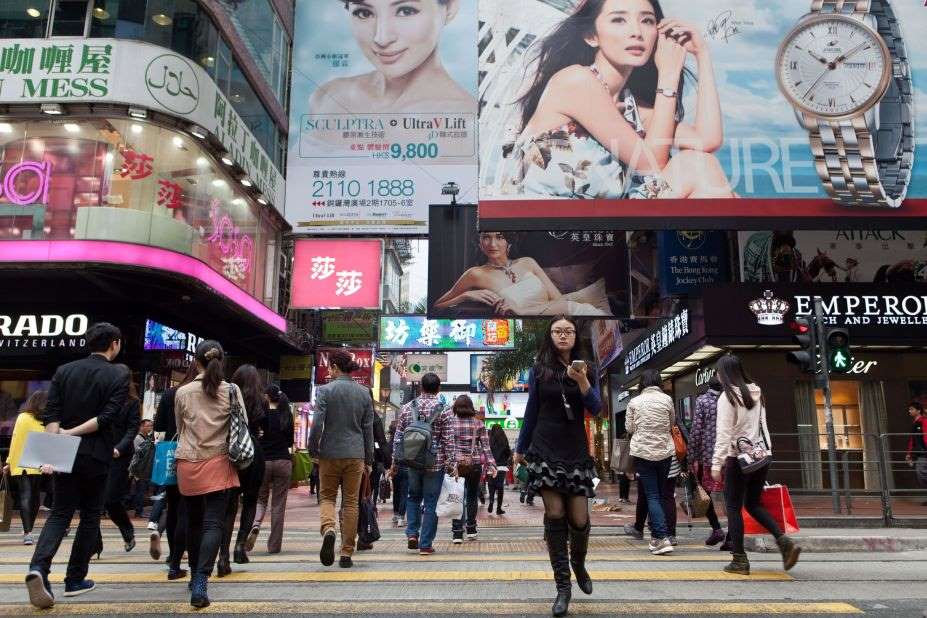
China's luxury e-commerce market, once a golden goose for high-end brands, is facing a new challenge: skyrocketing return rates. Shoppers are exploiting loopholes in e-commerce platforms like Alibaba's Tmall to snag discounts and fleeting status symbols, only to return the items shortly after. For example, during last year's ‘Singles day’ shopping festival, high-end labels like Ralph Lauren and Burberry saw a sharp increase in sales on Alibaba's Tmall platform, only to have a whopping 75 per cent of that value vanish within days due to cancellations and returns. This trend, far exceeding the industry average of 20-30 per cent, is forcing a rethink for luxury brands in the world's second-largest economy.
The culprit: China's economic slowdown. The middle class, a key driver of luxury spending, is feeling the pinch and focusing on discounts or shying away from big-ticket purchases altogether. Tmall's aggressive promotions, while boosting initial sales figures, incentivize ‘gaming the system’ buying expensive items to qualify for discounts with the intention of returning them later.
High return rates threaten sales growth
Brunello Cucinelli's return rates on Tmall soared to 69 per cent in Q1 2024, up from 59 per cent a year prior, and LVMH owned Marc Jacobs saw a similar jump. This phenomenon isn't limited to a few brands. Richemont's Chloé, Ralph Lauren, and Mulberry are all experiencing similar spikes. So what could be the reason for this sudden change in consumer behaviour?
Gaming the system: Tmall's promotional campaigns with discounts incentivize high-value purchases. Some shoppers might be exploiting this by buying expensive items solely to qualify for discounts, with the intention of returning them later.
Shifting consumer behavior: China's economic slowdown is impacting the middle class, traditionally a strong contributor to luxury spending. This group is now more price-conscious and might be resorting to "renting" luxury items for short-term use through returns.
Promotional fatigue: Frequent discounting can erode brand image, making luxury less appealing to true high-end spenders.
‘Try-and-return’ culture: E-commerce giants like Tmall and JD.com's hassle-free return policies, including free return shipping and "no-reason" returns within seven days, encourage some to treat luxury purchases as rentals for special occasions.
The impact
Indeed, this has had a major impact on retail sales as its weakening growth. In fact, high return rates create a misleading picture of actual sales, making it difficult to gauge real consumer demand. LVMH, the world's biggest luxury conglomerate, reported a significant slowdown in fashion and leather goods sales in Q1 2024. Gucci's slumping China sales recently wiped billions off Kering's market value. However, shifting focus to high-net-worth individuals has some brands. Like Hermes and Dior, with their limited online presence and focus on cultivating loyal high-end customers, are weathering the storm better. Indeed, frequent participation in discount campaigns could damage brand exclusivity and appeal to high-paying customers.
Strategies to cope
Luxury brands are adapting numerous strategies to move ahead. To begin with, they are investing in concierge services and private sales. Building stronger, personalized relationships with wealthy customers. Also, they are focusing on immersive experiences, creating exclusive events and brand interactions to cultivate brand loyalty. Leveraging data analytics to understand customer behavior and identify suspicious purchase patterns can help tackle fraudulent returns.
Analysts predict a slowdown in China's luxury market growth in 2024, with HNWIs becoming the primary drivers. The future of luxury e-commerce hinges on brands' ability to adapt to this changing landscape and develop strategies that foster genuine customer loyalty.
With the European Union decided against extending the EBA tenure beyond 2029, Bangladesh now needs to ensure compliance with GSP+ conditions for duty-free access to the apparel market
However, the latest draft GSP policy pose a potential risk to Bangladesh's competitiveness in the EU market as it increases the cost of Bangladeshi apparel for EU consumers.
Acknowledging the gravity of the situation, Charles Whiteley, the EU's Ambassador to Bangladesh, emphasises on the importance of ensuring that Bangladesh's efforts to meet GSP+ conditions do not go in vain due to technicalities.
Heavily dependent on the EU market, Bangladesh exports most of its apparel products to the countries in the Union. The EU continues to deny EBA extension to Bangladesh despite the country’s impending graduation from Least Developed Country status in 2026 and the subsequent end of EBA privileges in 2029. Whiteley urges the country to focus on meeting GSP conditions rather than seeking further extensions to EBA.
Whiteley emphasizes the importance of inclusive dialogue and partnerships in addressing labor issues, highlighting ongoing discussions and the tripartite mechanism involving the government, trade unions, and businesses.
Looking ahead, Whiteley stresses the need for adherence to timelines outlined in the National Action Plan on labor issues, with upcoming dialogues in May providing an opportunity to assess progress and engage with key ministries.
Kenya plans to expand textile and apparel (T&A) exports to $1 billion (Ksh 133 billion) by 2027, says William Ruto, President.
Currently, Kenya has over 100 companies employing 66,000 people directly in its textile and apparel sub-sector, adds Ruto. Apparel exports from the country currently stand at about Ksh 51 billion, according to a report by the Kenya Association of Manufacturers.
Kenya is the largest exporter of garments under the African Growth and Opportunity Act (AGOA) program, with the United States being the largest export destination for its apparel.
The country supplies its apparel to all major brands in America such as H&M, Levi’s, JC Penny and Wrangler.
The US has invested over $11 million (Ksh. 1.47 billion) in grants through the USAID to create jobs, increase trade, and strengthen Kenya’s textile and apparel sector. The investment will help expand the operations of major Kenyan brands such as Vivo, Ikwetta and Ubuntu. The investment aims to grow the operations of Kenya's apparel manufacturing companies like Hela, MAS, Best, Atraco, Royal, Simba, UAL, and Mega, adds Ruto.
Another of the investment’s objective is to bring new vertical capabilities to Kenya’s textile and apparel subsector, with the entry of companies like Kohinoor and Nexgen into the manufacture of elastics and labeling. Additionally, these companies have committed to invest $77 million (Ksh.10.3 billion) in the sector.
This will help Kenya generate an additional $330 million in apparel exports and create over 20,000 new jobs by the end of 2025, notes Ruto.
The opening of Nexgen Packaging EPZ factory adds to the 39 apparel companies currently based in Kenya’s Export Processing Zones. The company produces garments for top fashion names such as the Under Armour sportswear brand, New Balance, Ralph Lauren, J Crew and Kate Spade.
Fashion retailer Express Inc. has filed for Chapter 11 bankruptcy in the US, announcing plans to shutter over 100 stores, including all UpWest locations. With assets and liabilities ranging from $1 billion to $10 billion, the company cited soft consumer demand and increased price sensitivity as factors contributing to its financial struggles. Mark Still has been appointed as the new CFO, succeeding his role as interim CFO since November 2023.
Express aims to close about 95 Express retail stores and its entire UpWest chain, effective April 23. Currently operating approximately 530 Express retail and Express Factory Outlet stores in the U.S. and Puerto Rico, along with 12 UpWest stores, the retailer faces significant restructuring challenges.
Despite the bankruptcy filing, Express secured $35 million in new financing from existing lenders. It plans to continue business operations while undergoing a court-supervised sale process.
Express revealed receiving a non-binding letter of intent from a consortium led by WHP Global, which holds a 7.4 per cent stake in Express and owns brands like Toys "R" Us and Anne Klein. The proposed sale aims to offload a substantial portion of Express' retail stores and operations.
In an innovative collaboration, Lenzing Group, a global leader in wood-based specialty fibers, and Gokul Tex, a prominent fabric manufacturer from Surat, Gujarat, unveiled their latest fabric collection crafted from Tencel fibers at the 4th CMAI FAB Show 2024, held from April 15th to 17th, in Mumbai. This partnership signals a significant stride in advancing sustainable fashion within the Indian market.
Gokul Tex, renowned for its proficiency in digital printed fabrics, has integrated Lenzing's sustainable fibers into its repertoire since 2010. Their joint showcase at the CMAI FAB Show underscores their shared commitment to providing eco-conscious solutions in response to the textile industry's evolving demands.
The exclusively Tencel fiber-based collection seamlessly merges aesthetics, performance, and sustainability, featuring a spectrum of products from luxurious Tencel lyocell fibers to innovative Tencel Luxe branded lyocell filament yarns. This fusion has empowered Gokul Tex to pioneer fabrics that resonate with the discerning tastes of the Indian market, eliciting an enthusiastic response from attendees including emerging brands, distributors, and garment manufacturers.
With over 200 exhibitors and 12,000 trade visitors, the three-day event served as a dynamic platform for Lenzing Group and other industry players to showcase their latest offerings and engage with diverse customer needs.
Avinash Mane, Senior Commercial Director of AMEA & NEA region, Textiles Business, Lenzing Group, emphasized the collaboration's role in driving sustainability and innovation within India's textile industry. Similarly, Subhash Dhavan, Director of Gokul Tex, praised the exceptional qualities of Tencel fibers and expressed enthusiasm for continuing their journey of innovation alongside Lenzing.
As the curtains close on the successful CMAI FAB Show 2024, Lenzing Group and Gokul Tex extend their appreciation to attendees and invite industry stakeholders to join them in shaping a more sustainable and stylish future for the textile industry.

